The Event
Are you interested in the intersection of social science and data science? Do you want to use your coding and data analysis skills to tackle social science problems? Are you looking for career opportunities in technology? If the answer to any of those questions is yes, you should participate in the 1st LSE Computational Social Science Hackathon!
The two-and-a-half day event will boast five computational social science challenges set by Facebook Research, GitHub, Zinc, LSE Social and Economic Data Science and LSESU Computational Social Science society that will be solved by groups of approximately 10-12 participants each. On top of that you can expect exciting R and Python workshops by experts from Google Cloud, GitHub, LSE, and R-Ladies London. Moreover, there will be an intersectional tech careers panel featuring practitioners from Google, Alan Turing Institute, and XL Catlin providing you with an invaluable opportunity to explore and learn from their career trajectories and kick-start your own tech career.
Stay tuned for the unveiling of our challenges in the upcoming weeks!
FAQ
Is it free to attend?
Absolutely! Reserve your free ticket here.
Do I have to be affiliated with LSE in any way?
No, the event is open to all.
I want to attend but I’m not sure my coding chops are good enough for [insert random criteria]
Do come; it’s for learning and fun! There will be beginner-level workshops for R and Python, and guidance will be available throughout the event by LSE faculty and post-docs.
What’s the Pre-Event (April 17)?
It’s when all participants gather for the first time and watch the challenge presentations (sponsors themselves won’t be there during the pre-event). Afterwards, you will be able to mingle (drinks on us) and form teams. This ensures that you can all start hacking right away on the morning of the first day so don’t skip it!
Is there a cap on attendance?
Yes, maximum 50 participants.
Sleepovers?
No, the event ends at 9pm on both days. You are in London! Go out and socialise, stay in and rest—your choice.
Will there be snacks/tea/coffee etc?
You got it (9.30am and 3.30pm).
Will there be food?
All the food. Snacks during coffee breaks, 2 x lunch, and a dinner on Wednesday evening.
What type of dinner?
Pizza, courtesy of Cambridge Spark!
Will there be freebies for everyone?
In the form of tote bags and t-shirts commemorating the occasion.
What about prize packs for the first-place team?
We would like to keep it nice and friendly, but those might receive little octocat figurines—thanks GitHub (:
Will there be opportunities for networking?
Definitely! Senior data scientists from Google, Cambridge Spark, XL Catlin will attend the event, in addition to campus experts from GitHub and LSE alumni working in tech. Make sure you say hello!
I have other questions than these!
Shoot us an email at css@lsesu.org
Close
Challenges
We aim to have five distinct computational social science challenges for the participants to tackle throughout the event. There will be two LSE faculty—Thomas Leeper and Milena Tsvetkova—who will be available for a couple of hours each day for your questions.
GONGOs in the UN
- GONGOs are government-sponsored NGOs
- How to identify them? Funding, people, agenda
- “Shadow reports” to UN Human Rights bodies
- Case of the Universal Periodic Review
- Case selection and issue of languages
Reports submitted by stakeholders (NGOs, academics and National Human Rights Institutions) can be found on the superscript number 3 for each state on the list:
http://www.ohchr.org/EN/HRBodies/UPR/Pages/Documentation.aspx
Skills: Web scraping, text similarity, cluster reports
Point of reference: Pilar Elizalde (Co-organiser, IR Department, LSE)
Recommended workshop: Building text analysis models using quanteda
Social Mobility: Left-Behind
- People living in places (often termed the “rust belt” areas) that feel left behind by the economic changes of the last few decades (globalization, automation, etc.)
- Old industrial areas within the US, UK and Europe (e.g. the Ruhr region of Germany, the North East of France)
- To what extent are there shared characteristics across different “left-behind” places?
- Focus on social and urban dimensions
Skills: Web scraping, data visualisation, forecasting
Point of reference: Dr. Rachel Carey (Zinc)
Recommended workshop: Dive into dplyr
Similar Social Networks
- There is an index that contains links to data on more than 4000 social, biological, technological and information networks (see https://icon.colorado.edu/)
- How can we identify similar social networks?
- Find ways to cluster networks based on their structure and then identify what other properties unify structurally similar networks
- This could help us identify universal network formation mechanisms across different domains.
Skills: Network analysis, network visualisation, web scraping
Point of reference: Dr Milena Tsvetkova (Facilitator, LSE SEDS and Methodology Department, LSE)
Recommended workshop: Introduction to SNA and network visualisation in R
Online Trolling Behaviour
- Try to build a classifier around online trolling behaviour
- Could be using comments on news posts
- Or maybe playing with another API like reddit/Twitter/4chan or more open-ended
Skills: Relational databases, APIs, classification algorithms
Point of reference: Dr Thomas Leeper (Facilitator, Government Department, LSE)
Recommended workshop: Predictive Modeling with caret
Assessing the Open Source System
- Help us understand risks to the open source ecosystem
- Using big data and open source
- In open source, we have maintainers, contributors and consumers (or users)
- Recently a new role has appeared: sustainer
- The individual or organization who is concerned with the fragile state and future of highly-used and impactful open source projects.
Skills: Big data analytics, scaling
Point of reference: Amy Dickens & Wilhelm Klopp (GitHub)
Recommended workshop: Introduction to Version Control
Close
Workshops
We will host events throughout the hackathon. These will run in parallel with the main event; the participants can take a break from hacking and attend a workshop. Events are tied to sponsorships. Currently, we are expecting to host five technical workshops and one speaker panel.
Introduction to Version Control
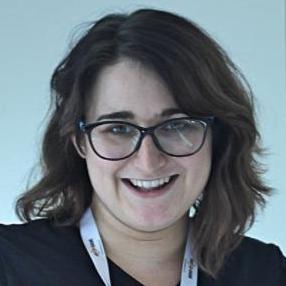
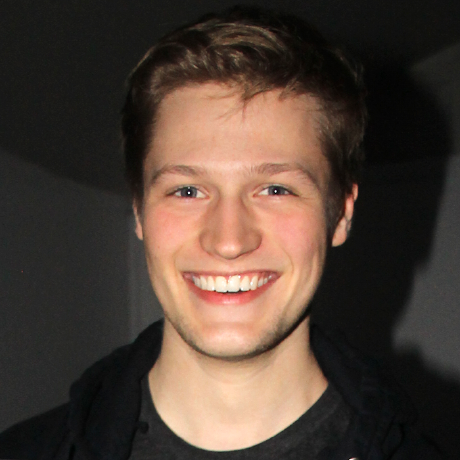
Link to the GitHub repo
Amy is a PhD Student from the Mixed Reality Laboratory in the School of Computer Science at The University of Nottingham, UK. Her background is in audio and recording technology, and her current work focuses on gesture sensing and embodied interactions with digital musical instruments, with a specific focus on tailoring technologies for users with complex disabilities. Amy was the lead organiser for the annual Women in Technology Conference for Nottingham (www.inspirewit.com) in 2016 & 2017. Amy is passionate about teaching, learning and sharing technology in all kinds of ways through promoting a friendly open environment for beginners.
Wilhelm currently leads the team that builds UCL API, an API for student developers. Previously he served as the president of the UCL Technology Society and built the Simple Poll slack integration. He likes APIs, emojis, and :partyparrot:
Machine Learning with AutoML Vision

Link to Datalab
Marc Cohen builds tools, demos, codelabs, and other things to make the Google Cloud Platform easier and more fun to use. Originally from New Jersey, then Seattle, and now lives and works in London. He co-authored a book about Google Compute Engine and wrote the product announcement demo. In a previous life, he developed communication systems at Bell Labs and Lucent Technologies. Outside of work, he enjoys indie music, quirky films (especially documentaries), books, puzzles, and chess. He’s also very interested in education, teaching, and applying technology (like spaced repetition) to enhance the learning experience.
Dive into dplyr 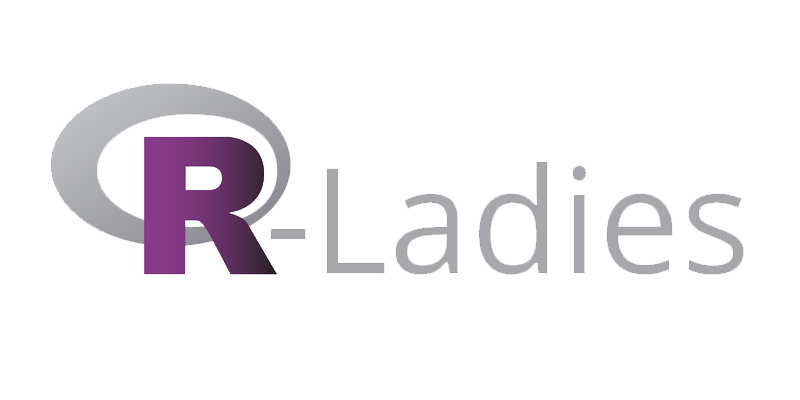

Link to the presentation
Grace Meyer is a commercial analytics expert with proven success in advising business strategy based on data driven insights. She is currently based in London and works for the economics consultancy Oxera where she applies machine learning to strategic projects and is developing the data science and programming team. She is a mentor in the R-Ladies London chapter, uses R on a daily basis to crunch data and problem solve and presented at both UseR! and EARL last year.
Building Text Analysis Models using quanteda

Link to the GitHub repo
Kohei Watanabe is a post-doc researcher at the Department of Methodology and the Department of International Relations of the London School of Economics and Political Science. He is also an affiliated researcher at Waseda University, a member of a project on popular mobilization in Russia at the LSE’s International Relations Department, and a main contributor to the quanteda package in R. He has a PhD in Social Research Methodology (LSE) and an MA in Political Science (Central European University). He also spent three months in 2012 at the University of Auckland and the six months in 2012-2013 at the University of Leeds for his PhD study before coming to the LSE.
Applied Predictive Modeling with caret
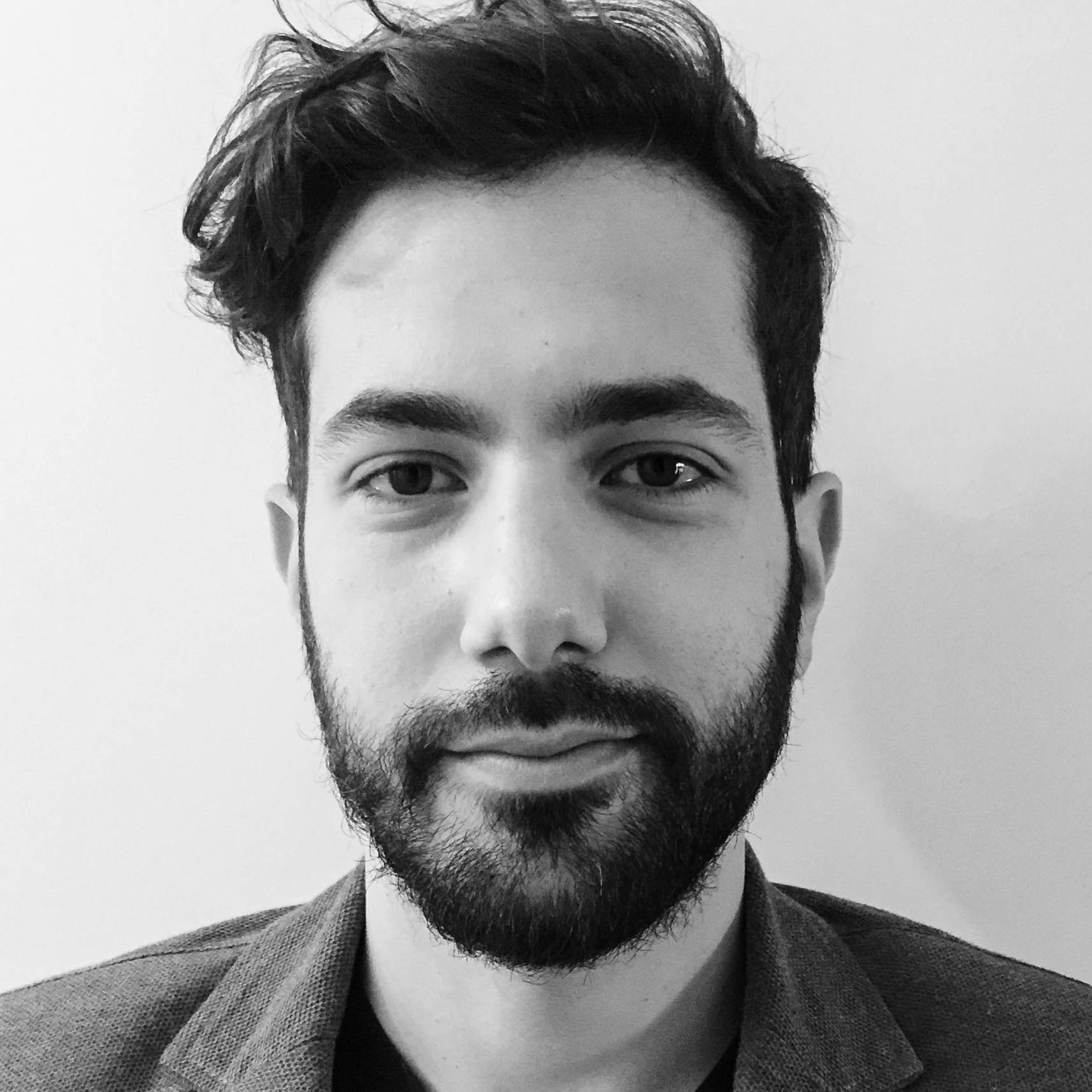
Link to the GitHub repo
Gokhan Ciflikli is a PhD candidate in the International Relations Department at the London School of Economics. He is a computational social scientist and an R evangelist. His primary research interests are conflict forecasting and developing techniques for cross-validating and evaluating predictive accuracy of binary-time-series-cross-section data. He regularly contributes #rstats blog posts to R-Bloggers and R-Weekly.
Introduction to SNA & Network visualisation in R

Link to the presentation
Sílvia Majó-Vázquez is a communication researcher and Post-doctoral Research Fellow at Reuters Institute for the Study of Journalism of the University of Oxford. Her research areas include news audience behaviour, digital news structure and the role of digital-born and legacy media in the online news domain. As part of her dissertation, she studied how digital technologies are reconfiguring the news media ecology, borrowing tools from network science and using digital trace data. Currently, she is focused on assessing patterns of online news consumption at a comparative level by leveraging Facebook and Twitter data from the French, UK and German elections in 2017. Jointly with other colleagues, she is advancing the audience research field by proposing new methodological approaches to the study of new audience navigation patterns based on developments from network science (see Mukerjee, Majó-Vázquez, & González-Bailón, 2018). Her work has been published in Journal of Computer Mediated Communication and Journal of Communication among others (see list of publications here).
How to Land a Job in Data Science

Ela Osterberger heads up a 20-strong Data Science Analytics team at Deliveroo. Before exploring data about pizza and finding the fastest route from A to B on a bike, she ran a data team at the Guardian. Outside of work, Ela enjoys baking (and eating) cakes, indoor gardening and train rides. She is passionate about developing Data Scientists and optimising happiness at work.
Tech Careers Panel
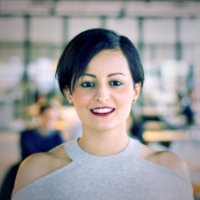
Mariama has worked in Google for more than three years and started as a Associate Account Strategist in the Emergent Market Sales teams. She is currently holding the position of a certified Mobile App Technical Specialist working with the top EMEA app advertisers on growing their app business through new user acquisitions and user re-engagement. She provides technical consultancy services in regards to clients’ conversion tracking setup, ads formats and new product adoption. Prior to Google, Mariama has started her career in the financial industry as an investment banker.
Mariama has a Masters Degree in Political Philosophy from the London School of Economics, a double B.Sc Degree in Management and Arabic from the School of Oriental and African Studies, London and received a scholarship from the National German Academic Foundation for her academic and charitable achievements.
Mariama is originally from Morocco but lived in Germany most of her life before she moved to the UK. She has lived in Egypt, Italy, Spain, Ireland and Morocco. She loves traveling, reading philosophical books and having passionate debates about global human challenges.
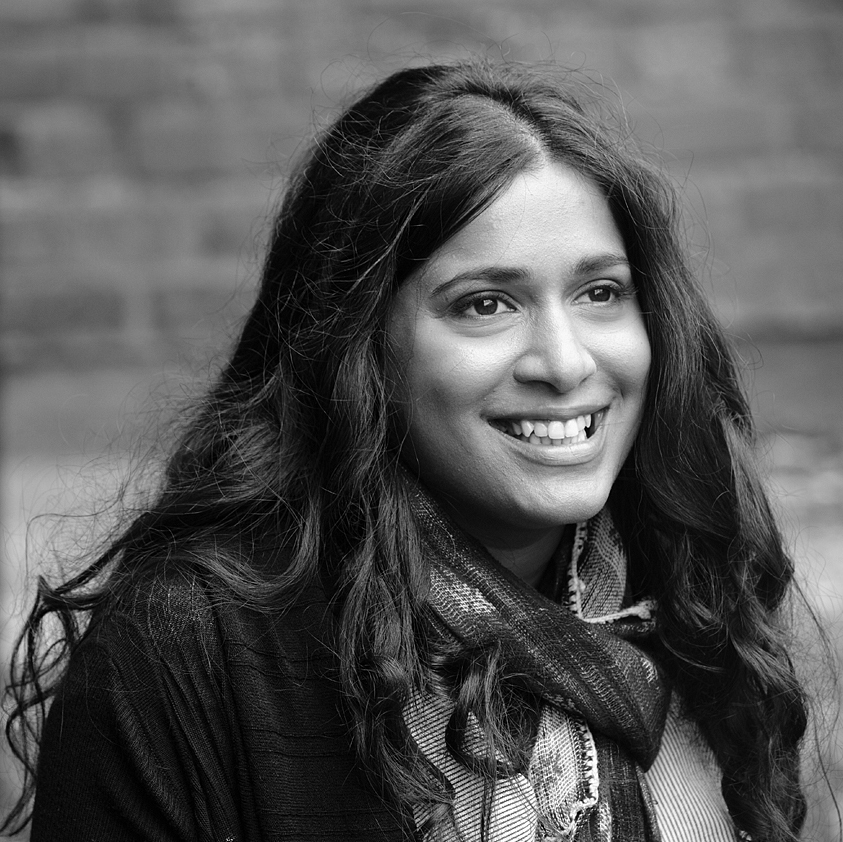
Chanuki Illushka Seresinhe is a doctoral researcher at the Data Science Lab, Warwick Business School, University of Warwick and the Alan Turing Institute. Chanuki’s research entails using big online datasets and deep learning to understand how beautiful environments affect human wellbeing. Her research has been featured in the press worldwide including the Economist, Wired, The Times, BBC, Spiegel Online, Guardian, Telegraph and Scientific American. Before returning to university, Chanuki had a diverse career that included running her own digital design consultancy for over eight years in London.
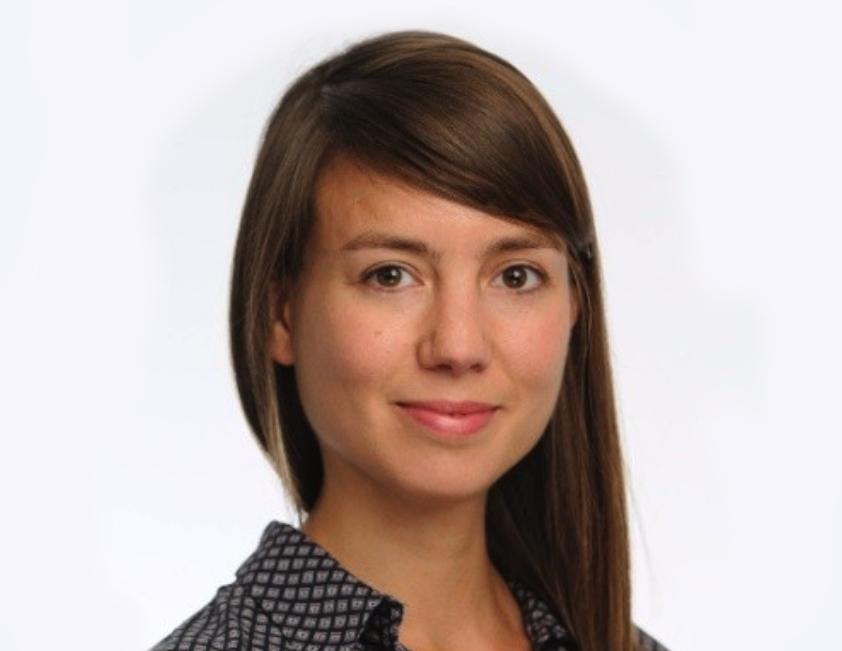
Anna is senior data scientist at the commercial insurer XL Catlin where she develops innovative solutions to complex (large and small) data problems. In her current role, she leads a team of data scientists in building a situational risk model for autonomous driving. This work entails close collaboration with a start-up that builds the autonomous software, to understand their system and derive a probabilistic framework relating the system performance to data that describe situational context like weather and traffic. Other responsibilities involve assessing the (typically ‘AI’ or ‘ML’ labelled) products of external tech vendors, and sharing knowledge about statistical methods for structured and unstructured data in internal trainings and workshops.
Anna has several years work experience ranging from banking to an e-commerce start up. She holds a PhD in Statistics from the London School of Economics, where she developed statistical methods for change-point detection with applications in finance and neuroscience. Anna has lived all around the world and loves exploring foreign cultures. In the overcrowded madness that is London, she tries to keep her sanity through cycling and rocket yoga.
Close
Schedule
Locations
Main Event
The Venue: Saw Swee Hock Student Centre, 1 Portugal St, London WC2A 2AP
Workshops
LSE Life: Workspace 2, LSE Library, Ground Floor, 10 Portugal St, London WC2A 2HD
Tuesday April 17 | Pre-Event
| Time |
Description |
Location |
| 6.00pm |
Challenge Presentations |
LSE Life |
| 6.30pm |
Team Forming & Reception |
LSE Life |
| 8.00pm |
End of Pre-Event |
|
|
|
Wednesday April 18 | Day One
| Time |
Description |
Location |
| 09.30am |
Coffee |
The Venue |
| 10.00am |
Hacking commences |
The Venue |
| 10.30am |
Introduction to GitHub |
LSE Life |
| 11.30am |
Machine Learning with AutoML Vision |
LSE Life |
| 12.30pm |
Lunch |
The Venue |
| 2.30pm |
Dive into dplyr |
LSE Life |
| 3.30pm |
Coffee break |
The Venue |
| 4pm |
Building Text Analysis Models using quanteda |
LSE Life |
| 5pm |
Applied Predictive Modeling with caret |
LSE Life |
| 7.30pm |
Dinner |
The Venue |
| 9.00pm |
End of Day One |
|
|
|
Thursday April 19 | Day Two
| Time |
Description |
Location |
| 09.30am |
Coffee |
The Venue |
| 10.00am |
Hacking recommences |
The Venue |
| 11am |
Introduction to SNA and Network Visualisation in R |
LSE Life |
| 12.30pm |
Lunch |
The Venue |
| 2pm |
How to Land a Job in Data Science |
LSE Life |
| 3.30pm |
Coffee break |
The Venue |
| 5.30pm |
Presentations |
The Venue |
| 6.30pm |
Tech Careers Panel |
The Venue |
| 7.30pm |
Networking & Reception |
The Venue |
| 9.00pm |
End of Event |
|
|
|
Close
Contact
Slack channel:
css-hackathon.slack.com
Hashtag: #LSEhackathon
Locations
LSE Life: Workspace 2, LSE Library, Ground Floor, 10 Portugal St, London WC2A 2HD
The Venue: Saw Swee Hock Student Centre, 1 Portugal St, London WC2A 2AP
Close




















